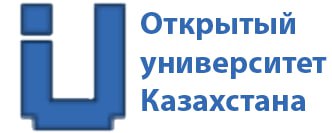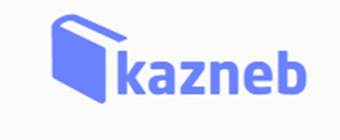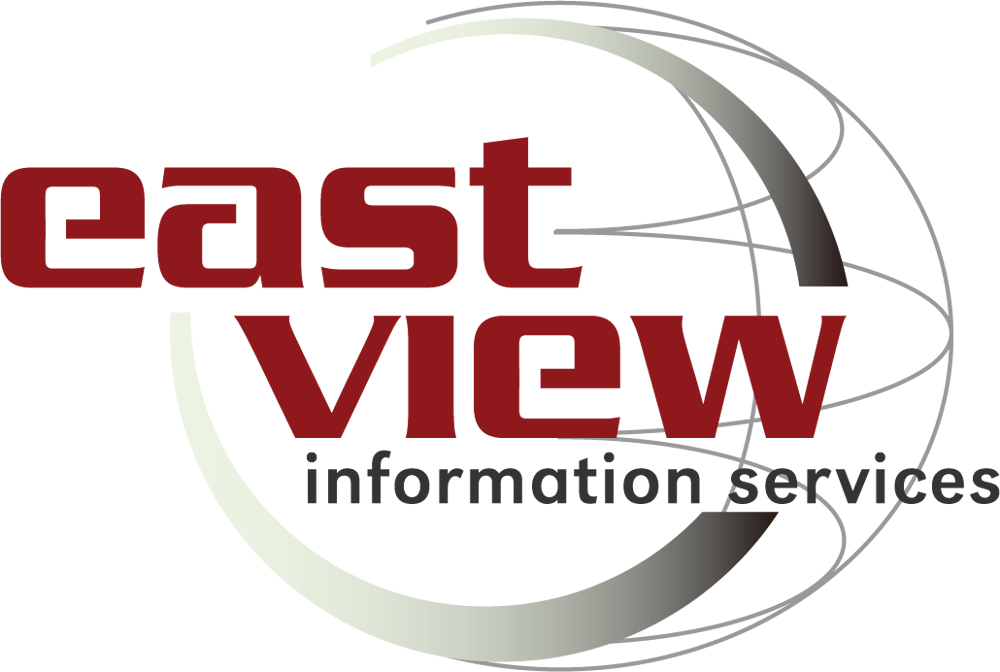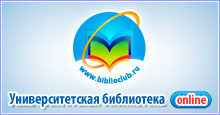June 2020 Schedule
Series 1. Web of Science: Search engine for scientific information
Information platform Web of Science: content, possibilities, application
Key features of the Web of Science information platform and the Web of Science Core Collection central database. Creation of a personal user profile. Search for scientific publications on a given topic. Analysis of the information received. Saving the required data. Access to full texts of scientific publications. Optimization of work: saving search histories, creating automatic notifications for new publications and citations.
- June 16, Tuesday 9:00 (Moscow time) – conducted by Varvara Sosedova
- June 26, Friday 14:00 (Moscow time) – conducted by Valeria Kurmakaeva
>> Sign up
Techniques for specialized search in the Web of Science
Advanced search capabilities in the Web of Science Core Collection. Composing search queries using search fields and boolean operators. Search in the cited bibliography. Analysis of information in specialized databases and regional scientific citation indexes on the Web of Science platform.
- June 17, Wednesday 9:00 (Moscow time) – conducted by Varvara Sosedova
- June 29, Monday 14:00 (Moscow time) – conducted by Valeria Kurmakaeva
>> Sign up
Publons and ResearcherID: Publication Search, Author Profile, and Publication Metrics
Possible difficulties of searching by author and ways to solve them. Analysis of the publication activity of a scientist and a group of scientists, creation and interpretation of citation reports (citations, Hirsch index, etc.). Creation, correction and capabilities of an author profile in the Web of Science Researcher ID / Publons system: publications, metrics, peer review.
- June 18, Thursday 9:00 (Moscow time) – conducted by Varvara Sosedova
- June 30, Tuesday 14:00 (Moscow time) – conducted by Valeria Kurmakaeva
>> Sign up
Series 2. Evaluation of the scientific impact of with Clarivate Tools
Assessing an organization’s performance in Web of Science: from creating a profile to a citation report
Difficulties in finding publications of the organization. Using the Address lookup field and SAME lookup operator in a Web of Science Core Collection database. Advanced search capabilities Advanced search to identify and analyze an organization’s publications. Algorithm for creating / updating a united organization profile Organization Enhanced. Creation of a citation report.
- June 23, Tuesday 9:00 (Moscow time) – conducted by Varvara Sosedova
- 23 June, Tuesday 14:00 (Moscow time) – conducted by Varvara Sosedova
>> Sign up
Possibilities of the InCites analytical system in assessing scientific performance
InCites is an analytical tool developed by Clarivate and built on data from the Web of Science Core Collection, the most authoritative science citation index. The seminar will show how the world’s leading universities and research organizations use this tool to understand their place in the global research process, to assess their strengths and weaknesses, and to understand in which sources it is better to publish their scientific results. The webinar will address the following issues:
- How the interface of the InCites system works
- How to benchmark an organization
- How to identify the strengths and weaknesses of your organization’s science
- How to understand in which journals your employees prefer to publish and how the choice of the journal affects the citation of works
- What subtleties exist in assessing the scientific performance of individual employees
Duration of the webinar: 1.5 hours.
- June 24, Wednesday 10:00 (Moscow time) – conducted by Pavel Kasyanov
- June 24, Wednesday 14:00 (Moscow time) – conducted by Pavel Kasyanov
>> Sign up
Journal Citation Reports: Main Questions and New Answers
As usual, a new edition of Journal Citation Reports will be released at the end of June. What new functions and capabilities have already appeared in the system, what will appear in the near future and how best to use the Journal Citation Reports database to understand in which journals it is best to publish your results – both for an individual scientist and for a scientific organization in the whole.
- June 25, Thursday 10:00 (Moscow time) – conducted by Pavel Kasyanov
– 25 June, Thursday 14:00 (Moscow time) - conducted by Pavel Kasyanov
>> Sign up
Series 3: Practical Guidelines for Publication in International Journals
Series 3 webinars are hosted by Valeria Kurmakaeva
How to learn to understand international magazines
Indicators of a quality scientific publication. Impact factor and quartiles. Formation of a list of subject publications for publication using Web of Science, EndNote (Match), Journal Citation Reports, Master Journal List. The concept of a predatory (garbage, unscrupulous) magazine and its main features. Examples of predatory mailings: how to check where you were invited to send an article.
- June 16, Tuesday 14:00 (Moscow time) – conducted by Varvara Sosedova
- June 26, Friday 10:00 (Moscow time) – conducted by Valeria Kurmakaeva
>> Sign up
EndNote bibliography features
Create your own bibliographic database using EndNote Online. Sort records, create groups and control access to them. Using bibliography design templates. Using the Cite-While-You-Write Module for Microsoft Word and creating a bibliography directly while writing the text.
– June 17, Wednesday 14:00 (Moscow time) – conducted by Varvara Sosedova
– June 29, Monday 10:00 (Moscow time) – conducted by Valeria Kurmakaeva
>> Sign up
How to prepare a publication for an international journal
The structure of the scientific article. Practical advice on writing the main sections. Distinctive features of academic English. Drawing up an annotation. Writing headers. Choice of keywords. The expectations of the editor. The main reasons for refusals to publish. Working with revisions of reviewers.
- June 18, Thursday 14:00 (Moscow time) – conducted by Varvara Sosedova
- June 30, Tuesday 10:00 (Moscow time) – conducted by Valeria Kurmakaeva
>> Sign up
We are waiting for you at our webinars!






















